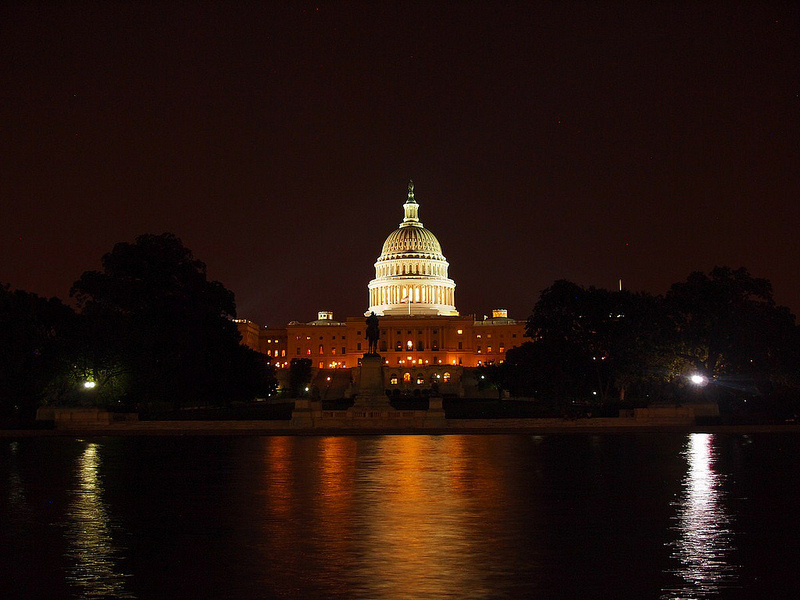| Utah will not join a list of states calling for a constitutional convention, at least not now. Lawmakers narrowly defeated a resolution calling for it during the 2015 legislative session. It died in part because some lawmakers worry a convention could careen out of control, like a bus with 34 drivers, with delegates rewriting the Constitution as special interests look over their shoulders. It’s not a crazy concern. The Constitution allows |
| | two-thirds of the states to call a convention to pass amendments, but it is silent on what would happen next, other than that three-fourths of the states would have to ratify any changes. In the history of the republic, such a thing has never happened. It doesn’t help that two separate movements are confusing matters. One, the subject of Utah’s failed HJR14, would call a convention to limit federal power, impose term limits and strengthen states’ rights. The other, older movement is narrowly focused on passing a balanced budget amendment. States have been adding their names to the latter list for decades. Some even have removed themselves as new leaders were elected. It may be easier to sort through Hillary Clinton’s emails than to figure out when we reach two-thirds. The Constitution doesn’t provide rules for that, either. Most of this drama is taking place far from the pages and websites of major news organizations. But then, so is the simmering drama over the nation’s fiscal troubles. You may think those problems disappeared as the last fiscal cliff faded into the rear-view mirror. You may think the improving economy has lifted the nation out of dangerous waters. You may even believe what the Obama administration is saying, which is that shrinking deficits and long-term trends make the future as rosy as a New Year’s Day in Pasadena. But this may be just the calm eye of a storm that never was put to rest. Yearly budget deficits are shrinking, but the national debt is not. It recently passed $18 trillion. A year ago, Congress agreed to suspend the debt ceiling through March 15, 2015. That means on Monday the government will begin moving money around to prevent default. But it can’t keep that up much past October or November, according to the Congressional Budget Office. What happens then is anyone’s guess, but it’s important to note that the forces responsible for a deal last year were erased by the election. Also later this month, Medicare’s payments to doctors will drop dramatically unless Congress agrees on a plan. Meanwhile, sequestration — the automatic cuts imposed when Republicans and Democrats failed to compromise on a budget plan — has not gone away. The Defense Department already is warning about the “dark and dangerous future” if these cuts are not reversed. Some lawmakers want to draft a plan that would exempt defense from spending limits. But conservatives want a tradeoff that includes reforms to entitlement programs such as Medicare and Medicaid. The shrinking annual deficit and sinking unemployment rate may have taken enough of an edge off public anger to keep Republicans from pushing things too far. But tea party conservatives aren’t likely to give up so easy. Don’t be fooled. The nation still faces long-term debt problems that require political will and a sense of urgency. Even Obama’s newly appointed head of the Federal Reserve Board, Janet Yellen, testified recently to the Senate Banking Committee that a growing national debt would make it harder to respond to another crisis similar to the recent recession. What we need is comprehensive tax and entitlement reforms, which seems less likely today than ever, given the improving economy. The Deseret News editorial board met recently with representatives of the American Legislative Exchange Council. By their count, 26 of the necessary 34 states have called for a constitutional convention to pass a balanced budget amendment. Count me with the skeptics. I don’t see widespread support for a convention and I’m not sure it would accomplish what its supporters envision. Utah lawmakers did the right thing by voting no. We have to rely on old-fashioned politics. That’s not encouraging, especially absent any general alarm by the voters. |


 RSS Feed
RSS Feed

